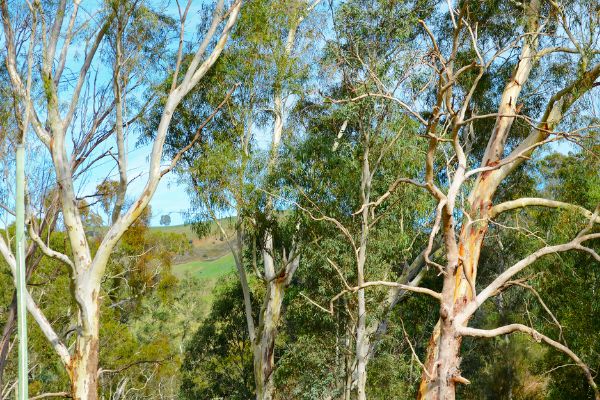All posts
The Voice: Misinformation, truth-telling, and healing together
By CEO Natasha Rae A First Nations Voice to Parliament will not divide us. But the misinformation and fearmongering in the leadup to the referendum are. The proposed Voice to Parliament has sparked passionate discussions from both sides of the debate as Yes and No campaigners make their cases across the country. While it’s important […]


By CEO Natasha Rae
A First Nations Voice to Parliament will not divide us. But the misinformation and fearmongering in the leadup to the referendum are.
The proposed Voice to Parliament has sparked passionate discussions from both sides of the debate as Yes and No campaigners make their cases across the country.
While it’s important to hear from a wide range of diverse voices and perspectives, the spreading of false information and half-truths can be harmful. This can be especially true when dealing with topics related to oppressed and vulnerable communities.
It’s not uncommon for campaigners to spread misinformation to further their argument and agenda, but it’s particularly disappointing in the context of The Voice.
A First Nations Voice to Parliament was born from The Uluru Statement from the Heart, which has three key objectives:
- Voice to Parliament
- Treaty
- Truth-telling.
Truth-telling.
Truth-telling is one of the most important tools to educate non-First Nations Australians about First Nations issues.
It requires us to shed our personal biases, open our hearts and minds, and engage in deep listening with First Nations Peoples about their experiences and historical Truths.
These Truths can be uncomfortable and confronting, but they can also be surprising and affirming. And they’re critical for our understanding around The Voice and all First Nations issues.
We as an organisation continue to engage in Truth-telling with our First Nations Workforce on a national and state level. We’ve listened as our First Nations employees have generously shared their perspectives and experiences, leading us to a position in favour of The Voice.
“We see this as an opportunity for all Australians to be part of an intentional healing journey for our people and to unify our country.”
– Relationships Australia Qld First Nations Workforce
We’re committed to embracing these voices and actioning this advice in real and tangible ways during the referendum and beyond.
We all have a responsibility to be informed of the real Truth so we can engage in respectful and fact-based conversations around The Voice and related issues.
Open and honest communication is the foundation of all healthy, respectful, and genuine relationships.
Respect, integrity, and healthy, respectful relationships are key values at RAQ. Through our work, we support individuals, couples, and families to create safe spaces for talking and listening, even when they don’t agree. Especially when they don’t agree. This is core to healthy, respectful relationships and communities.
“Healthy relationships have to have healthy communication,” says Relationships and Family Counsellor Valerie Holden.
“That doesn’t mean we have to agree on everything – but it does mean we have to communicate with respect and understanding.”
When we share misinformation online and in person, we contribute to the fear and anger surrounding the referendum, and we increase division among our communities.
In June, the No campaign was accused of engaging in “post-truth politics” to divide Australians.
“Its aim is to polarise people. And its weapon of choice is misinformation,” said Indigenous Australians Minister Linda Burney.
Some No campaigners, including politicians, have incorrectly claimed that the Uluru Statement from the Heart is a 26-page document to imply Yes campaigners are hiding something.
Aboriginal and Torres Strait Islander agencies, Voice to Parliament advocates, and prime minister Anthony Albanese have described this conspiracy theory as “a misinformation campaign to avoid debating the facts.”
We must be aware of the biases of our information sources and use critical thinking to inform our opinions and conversations leading up to the referendum.
Several media outlets including RMIT ABC Fact Check, AAP Fact Check, and AFP Fact Check provide information on how to fact-check claims when engaging with sources.
Throughout the referendum debate, we encourage everyone – regardless of their stance on The Voice – to approach this subject with compassion, respect, and a willingness to listen and learn the Truth.
To thrive, relationships need deep listening with honest, respectful conversations.
It’s time to listen and to put First Nations voices and Truth-telling at the heart of all conversations around The Voice.
We understand this topic and related conversations may raise difficult emotions for some people. Help is available.
RAQ offers culturally safe counselling and support services for First Nations Peoples. You can call 1300 364 277 to make an appointment or get help finding the right support for you.
For 24/7 crisis support, call Lifeline on 13 11 14, or 13YARN on 13 92 76 to talk with an Aboriginal or Torres Strait Islander Crisis Supporter.
Back to all posts